“At the end of day, relationships are the key to everything, regardless of what industry you’re in, or what your profession is,” says Melanie Priddy.
Katten’s Chief Talent Officer speaks about the value of connections, the need to merge professional development with diversity and the importance of self-advocacy.
Becoming a Business Professional in Law
“I wish I could tell you this was the plan all along, but sometimes the careers we find are ones we fall into,” says Priddy, about being a people-oriented business professional within the legal industry.
Upon graduating from the University of Virginia School of Law, she started her legal career as a practicing lawyer at an Am Law 50 firm.
After a few years as a transactional attorney, Priddy gravitated toward recruiting attorneys for law firms and counseling law students on their career options. She went to work for a staffing firm and then a university and found that she loved advising others on making choices to navigate their career in line with their ambitions.
Priddy joined Katten in 2008 as an attorney recruiting and development manager in the firm’s Los Angeles office, where she managed professional development programs for associates for a few years. She worked at a couple other law firms before she returned to Katten in 2018 as Chief Talent Officer based in the Washington, DC office where she oversees administrative areas including human resources, attorney recruitment, professional development, and diversity and inclusion with an eye on hiring, career growth opportunities, diversity and inclusion efforts, and retention of both attorneys and business professionals.
Diversity and Development Are Inseparable
“To me, diversity and professional development are closely tied,” says Priddy.
At a previous firm, she led recruiting strategies and managed training programs. She took the initiative to expand her role by launching a diverse lawyer mentoring program. She became the Development & Diversity Manager and implemented programs to advance diversity and inclusion within the firm. At a subsequent firm, Priddy was able to incorporate her work in professional development programming with her interest in making workplaces more diverse and inclusive.
“I honestly pressed for it, rather than sitting back and waiting for someone to tap me on the shoulder,” says Priddy. “I had to say, ‘I think I would be really good at this combination of roles, and let me explain how and why they should be combined for me to be successful, and what I could do.’ That set the stage for me to be in the role I have now at Katten.”
She’s committed to offering diversity and development support at every level, and integrating it into the decision-making process at law firms.
“My approach has been that diversity is part of every discussion—when you are talking about recruitment, about development, about choices people are making with regards to business or client development or opportunities around training,” states Priddy.
From the top down in law firm hierarchy, diversity should be top of mind.
“One of the things we always talk about is that everyone is responsible for improving diversity in the legal field,” she says. “The diversity professional brings the opportunities and the resources to others in the law firm or legal industry, but everyone is responsible for ensuring a diverse workforce. When you look at it that way, then you’re really going to make progress.”
Priddy emphasizes Katten’s successful participation in the Mansfield Rule, which sets benchmarks for women, attorneys of color, LGBTQ+ attorneys, and attorneys with disabilities to account for at least 30 percent of the candidate pool considered for leadership and governance roles, equity partner promotions, formal client pitch opportunities, and senior lateral positions. This initiative, coupled with the firm’s newly launched Kattalyst Sponsorship program aimed at retaining and advancing diverse associates and income partners, works toward the goal of increasing representation of historically underrepresented attorneys in law firm leadership.
Invest in Relationships and Self-Advocacy
Priddy stresses how important it is to nurture relationships and curate a support network for career guidance.
“When I started in my career, as many people do, I thought if you just keep your head down and work hard, everything will be okay. You’ll advance and be rewarded,” she reflects. “What I’ve come to realize over time is the importance of developing relationships—obviously with the people you’re working with and for, but also outside of your immediate circle and within the industry itself.”
She advises others to network within various organizations that align with their interests at all stages of their careers. For example, she has been involved with the National Association for Law Placement (NALP), previously serving on the board of directors and most recently as chair of the nominating committee, which solicits nominations for elected positions, slates members for officer and director positions and administers the election process.
She also stresses the importance of advocating for yourself to achieve your goals.
“As women, often there’s a tendency to downplay your success, your role or leadership skills, whether with a boss or with a group,” she says. “But someone else can’t speak up for you on your behalf, if you don’t do it for yourself first.”
Bring Your Whole Self
“A lot of times as women of color, we bring just a part of ourselves to work and we leave a broader sense of who we are back at home,” she says.
Priddy feels that this year’s remote work environment is helping to break down some barriers with her colleagues.
“Our personal and professional lives are so blended because we’re at home, and you hear my dog barking and you see my kids going through the background—and I’m getting my job done,” says Priddy. “I would say in some respects, because of tearing down these walls, I’m more connected to people now than I was in person.”
She adds, “I see how important it is to bring some vulnerability into the workplace so people feel like they can connect and share and get to know you.”
Supporting Personal and Professional Integration
Priddy has been instrumental in Katten’s efforts to destigmatize mental health issues and to draw attention to substance use disorders within the legal profession by joining the American Bar Association’s well-being pledge and launching a firm-wide wellness program, Katten Well-Being 360: Live Well, Work Well, Be Well to support attorneys and employees with information, training, and helpful resources.
She’s proud of being a mother of two sons, ages 10 and 13, modeling for them a world where they grow up with a mother who has a seat at the table where high-level decisions are made.
Under Priddy’s leadership, Katten created a Parents Affinity Group as a resource and support network for working parents at the firm to connect and discuss approaches to dealing with the COVID-19 pandemic. She also worked with firm leaders to get the parental leave policy expanded to a 12-week, gender-neutral paid leave, with an extension of 8 more weeks for a total of up to 20 weeks for birth mothers and those who have exceptional circumstances, such as adoptive and surrogate parents.
In this virtual environment, her team is also tasked with seamlessly bringing on new attorneys and employees without daily in-person interactions with co-workers and supervisors. “How do you onboard and integrate new people, or create relationships when you’re never in the same room physically together?” Priddy said. Her answer: offer productive programs that build relationships.
For example, she helped roll out a more elaborate mentoring program involving mentoring circles to foster a sense of connection at the firm, as well as a coaching program covering career development topics, goal setting and development of an action plan for summer associates and first-year associates who joined Katten during the pandemic.
These creative solutions appear to be cultivating connections—whether virtual water cooler moments or shared creative nights from home. With less travel, she finds her colleagues are more available than ever to get on the phone.
Outside of work, she’s enjoying more time at home with her family, cycling on her Peloton bike, and perfecting her green thumb, checking on her tomatoes in the garden. A proponent of integration where it serves better results, Priddy is embracing the experience of blending her home and professional life.
By Aimee Hansen

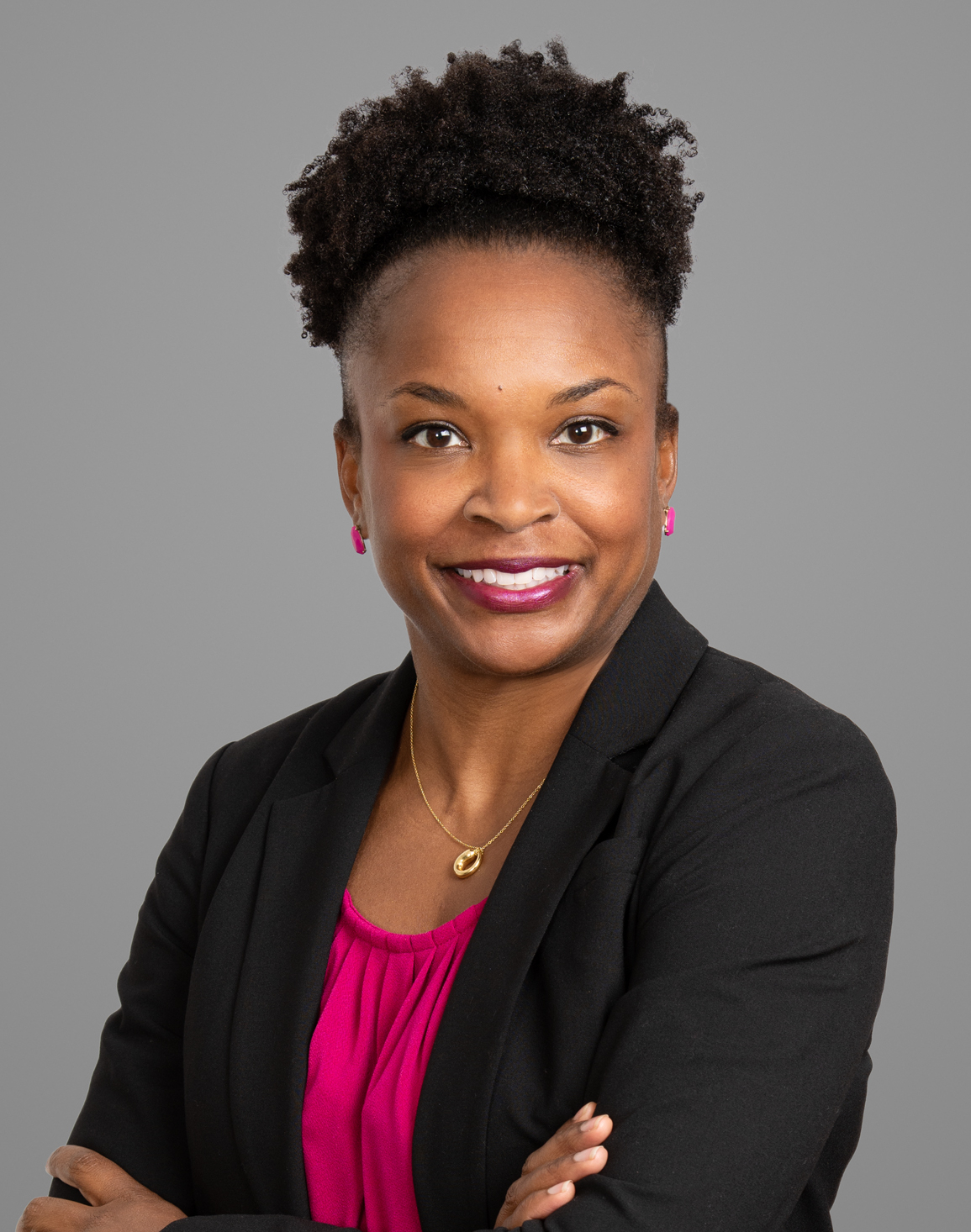
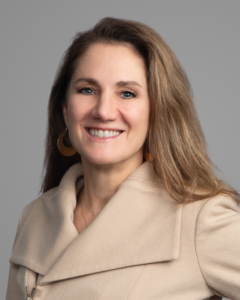 As a practicing lawyer since 1985, Connie Fratianni has seen a wide variety of cycles and changes.
As a practicing lawyer since 1985, Connie Fratianni has seen a wide variety of cycles and changes.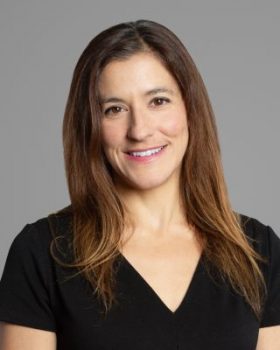 Perspective is a wonderful thing, finds Katten’s Karen Nelson.
Perspective is a wonderful thing, finds Katten’s Karen Nelson.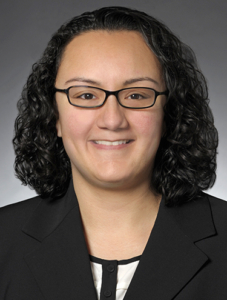 Equal treatment as an LGBTQ professional has always been important to Diane Bell—and she has found that at Katten.
Equal treatment as an LGBTQ professional has always been important to Diane Bell—and she has found that at Katten.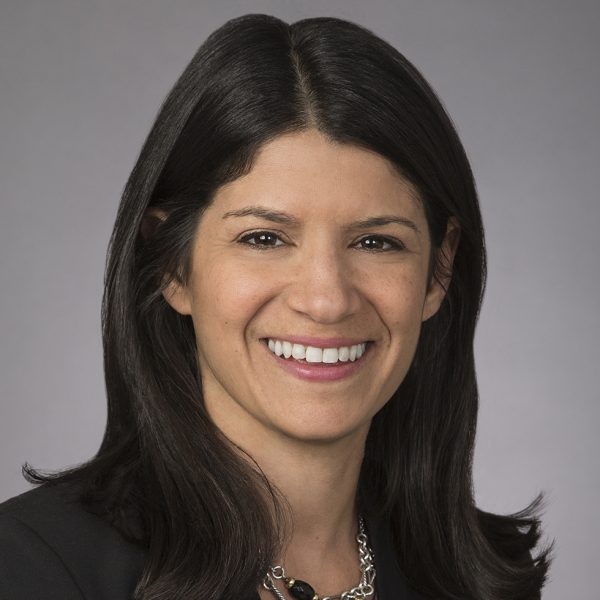
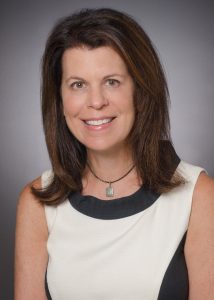 Advocate for yourself and know your value; don’t sell yourself short, Wendy Cohen advises associates.
Advocate for yourself and know your value; don’t sell yourself short, Wendy Cohen advises associates.